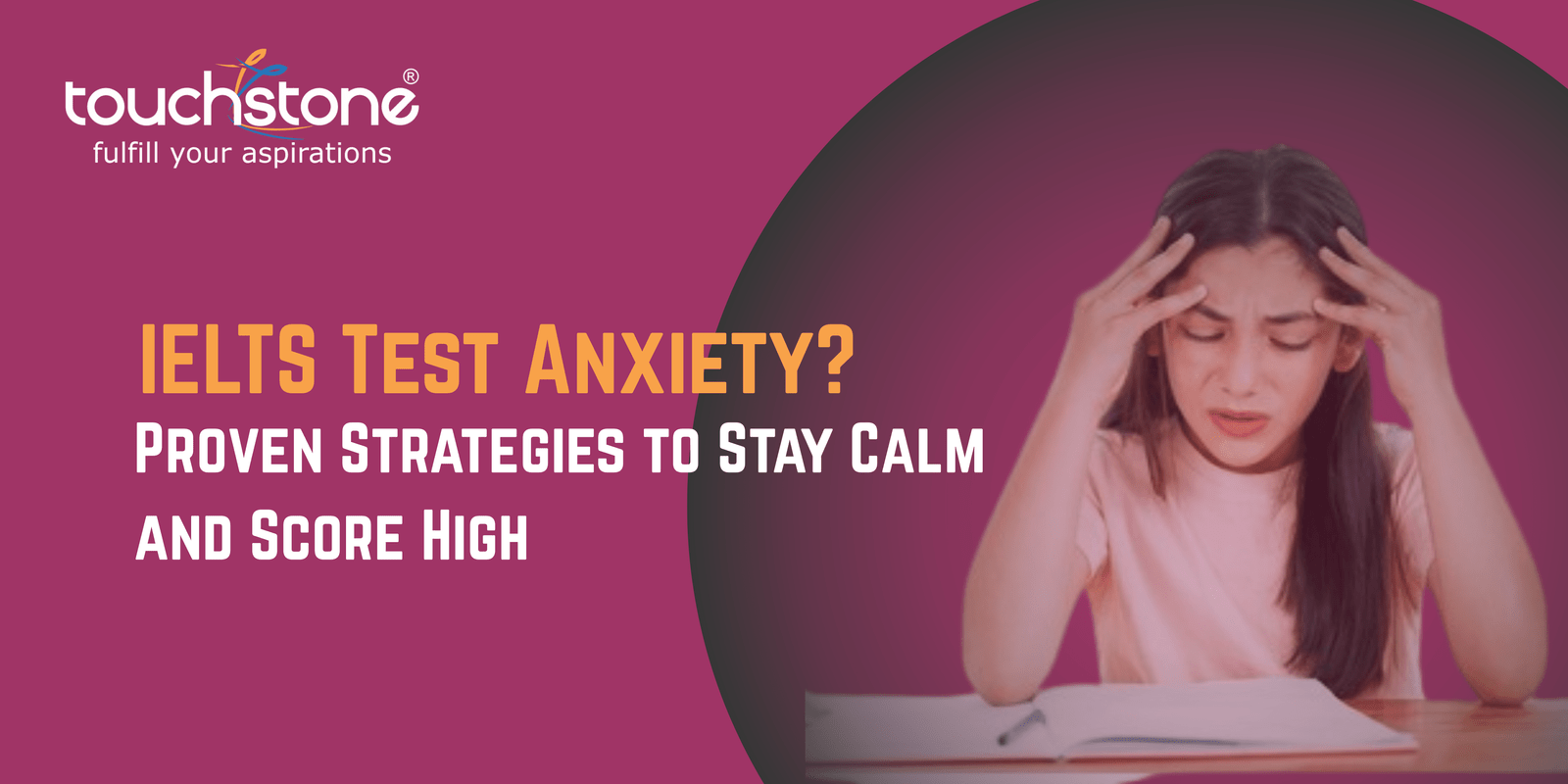When thinking about studying abroad – one of the thoughts that worries us a lot is our residential crisis. Since one does not know a lot of people in a foreign land, it becomes a state of constant concern until otherwise. Dormitories. Flats. Homestays. What would you choose? If you are reconsidering your decision because of this factor, worry not! Our expert guides are here to help you through it all.
Consider homestays
Homestays are the most preferred staying option abroad because of their security and affordability. In this case, you are set up with a family or a host parent where you are given a room – either private or on sharing basis. It is one of the most sought after ways to explore the local language, lifestyle and food.
Check with the international/study abroad department
Make the most of your institution’s resources when trying to find accommodation abroad. The student help groups are nice and helpful – they will help you find a dormitory or recommend popular international student housing around you. Some institutions even offer hostel facilities for their students.
Join relevant Facebook groups
Another genuine resource for finding your study abroad housing – Facebook groups. International students have Facebook groups in search for roommates and to share local apartment listings. Particularly, if your plan is to live off campus, you should find and join such groups. Here, people with apartments usually post their listings, making it a great way to find your international residence.
Finding the right place to live abroad is crucial to your wellbeing and happiness. There are a lot of things to consider like location, budget, etc. Start planning in advance and make sure to consider your safety while looking for your abode abroad.








